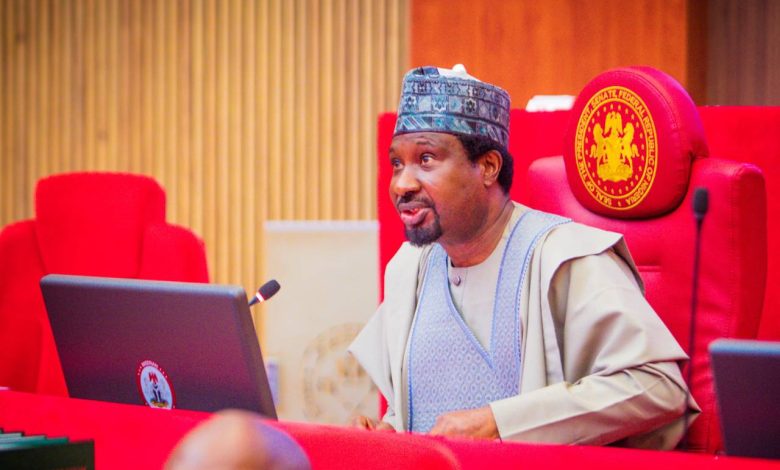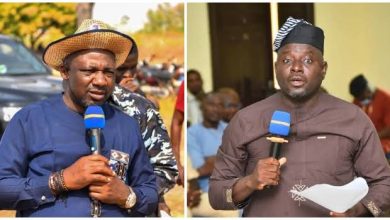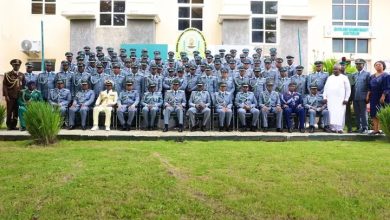
In a major move to amend Nigeria’s 1999 Constitution, the Senate Committee on the Review of the Constitution will consider proposals for the creation of new states, local government autonomy, and other wide-ranging reforms at its upcoming zonal public hearings scheduled for July 4 and 5, 2025.
The committee, chaired by Deputy Senate President Barau Jibrin, announced that a total of 31 proposals seeking the creation of new states have been submitted. These proposals will be discussed alongside other constitutional amendment bills during the two-day hearings taking place simultaneously in Lagos (South-West), Enugu (South-East), Ikot Ekpene (South-South), Jos (North-Central), Maiduguri (North-East), and Kano (North-West).
In a statement released by Ismail Mudashir, Special Adviser on Media and Publicity to the Deputy Senate President, the committee reaffirmed its commitment to citizen engagement on key constitutional matters. According to Mudashir, state creation requests have come from across the six geopolitical zones, including the South-West, South-South, North-Central, North-East, North-West, and South-East.
Read Also:
Tinubu Hands over ECOWAS Leadership to Sierra Leone’s President Bio
The hearings will also focus on critical issues such as local government autonomy, state police, electoral and judicial reforms, fiscal federalism, and inclusive governance. Among the proposals is a bill seeking to entrench local governments as a constitutionally recognized tier of government with guaranteed tenure, as well as another aimed at establishing an independent National Local Government Electoral Commission (NALGEC) to conduct local government elections.
Security is another major theme, with bills proposing the creation of state police forces and state security councils to oversee internal security at the sub-national level.
In the area of fiscal reforms, the committee will consider bills aimed at empowering the Revenue Mobilization, Allocation and Fiscal Commission to enforce remittance compliance and streamline the revenue allocation process. One proposal seeks to introduce constitutional timelines within which presidents and governors must present appropriation bills to the National or State Assemblies.
Efforts to promote gender inclusion are also on the agenda, with a bill proposing additional legislative seats for women in both national and state assemblies. Similarly, proposals have been submitted to establish national, state, and local government councils of traditional rulers to reinforce the role of traditional institutions in governance.
Read Also:
Barau Jibrin’s Two Years as Deputy Senate President: A Chronicle of Impact
Electoral reform features prominently, including bills to legalize independent candidacy at all levels of election and enable Nigerians in the diaspora to vote during general elections. More than 20 proposals on judicial reforms are also under review, with a focus on timelines for delivering judgments and expanding the jurisdiction of election tribunals.
Some proposals also aim to devolve certain powers by transferring responsibilities such as labour and shipping from the exclusive legislative list to the concurrent list, allowing both federal and state governments to legislate on them.
The committee has urged Nigerians to take full advantage of the public hearings by participating actively in the process. According to Mudashir, this phase of the constitutional review represents a crucial opportunity for the people to help shape the structure and direction of the nation’s governance framework.



